Singapore’s additional stamp duty hike for foreigners ‘earth shattering’ for luxury market but unlikely to dampen demand from ultra rich
https://www.scmp.com/week-asia/economics/article/3159966/singapores-additional-stamp-duty-hike-foreigners-earth?module=lead_hero_story&pgtype=homepage
Singapore’s additional stamp duty hike for foreigners ‘earth shattering’ for luxury market but unlikely to dampen demand from ultra rich
- Raising of additional buyers’ stamp duty from 20 per cent to 30 per cent seen as having short-term impact; won’t deter those seeking homes in the S$30 million-plus range
- Chinese, Indians and Americans are the largest investors in the city state’s property market, but US buyers will be exempt due to free-trade agreement
Singapore has raised additional stamp duties on private property purchases by foreigners and citizens buying their second home for the first time since 2018, seeking to cool a surge in housing prices and debt driven by housing loans.
In a late night announcement on Wednesday, a joint statement by two ministries and the central bank said foreigners buying their first home would face a 10 percentage point increase in additional buyers’ stamp duty (ABSD), bringing the tax from 20 per cent to 30 per cent of the purchase price.
Entities will pay 35 per cent, up from 25 per cent.
Singaporeans and permanent residents, who are eligible to buy public housing, do not face a tax hike for their first properties but do face a 5 per cent increase in stamp duties on their second and third properties.
The total debt servicing ratio was also reduced from 60 to 55 per cent. This means only 55 per cent of a borrower’s gross monthly income can go towards repaying his or her monthly total debt obligations.
One property agent told This Week In Asia that his client, a Chinese woman from a southeastern province, was kicking herself for not buying her dream home earlier.
The woman, whose children are studying in the city state, was set on a S$3 million apartment in central Singapore but was waiting for her husband to arrive next month to confirm the purchase.
Her stamp duty will now cost S$900,000 instead of S$600,000.
Authorities said a 9 per cent increase in the prices of private housing – which makes up about 20 per cent of the housing supply for Singapore’s 5.45 million population – since the first quarter of last year was a sign of the market’s buoyancy.
The resale market for public housing rose about 15 per cent over the same period.
Bloomberg reported that property sales hit S$32.9 billion (US$24 billion) in the first half of 2021, double what was recorded in Manhattan, driven by demand from the ultra-rich flocking to the business hub.
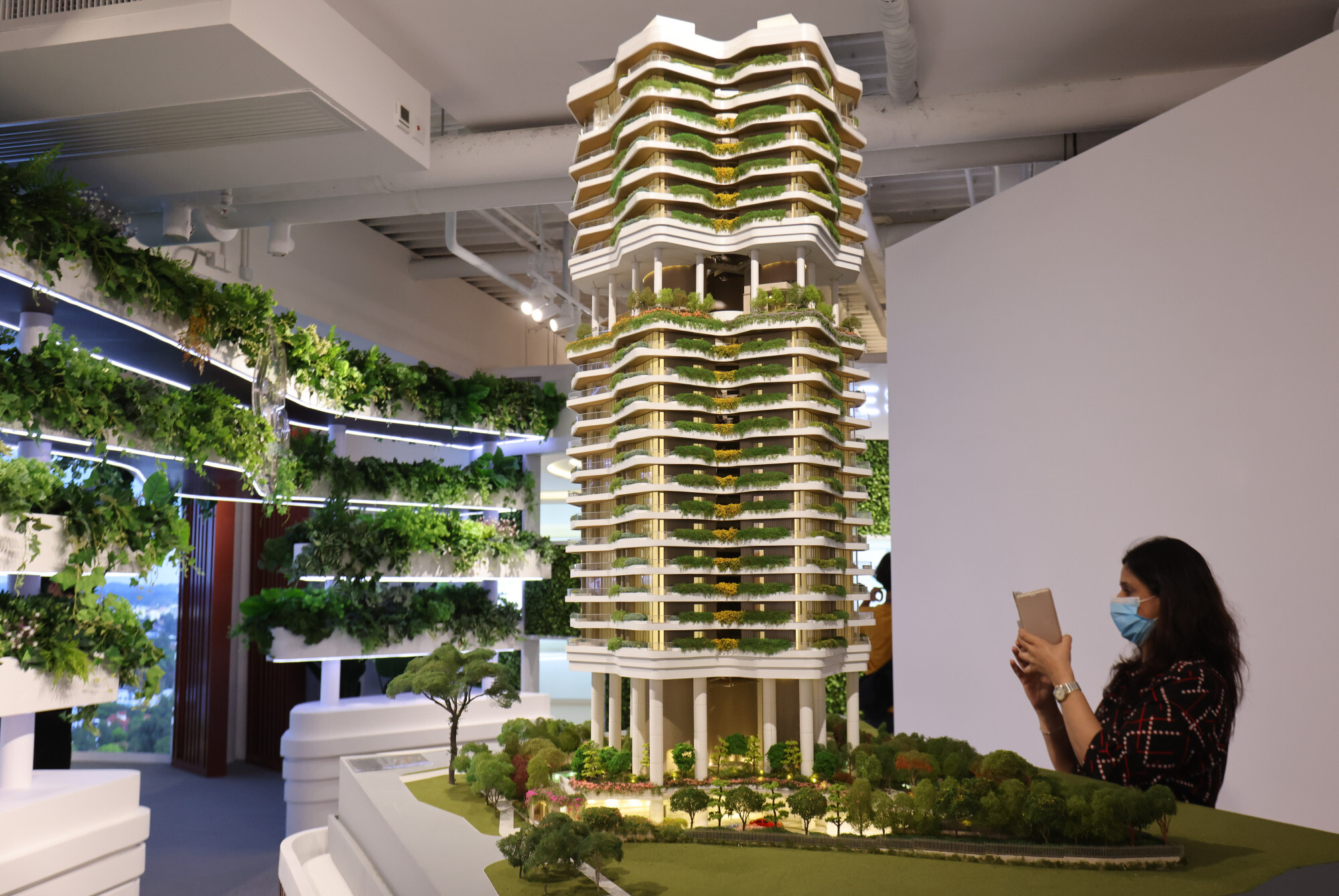
“If left unchecked, prices are likely to run ahead of economic fundamentals. This will increase the risk of a destabilising correction later on, that will hurt many households,” said Minister for National Development Desmond Lee.
In June, central bank chief Ravi Menon warned that the authorities were being “highly vigilant” and would step in before the market overheated as he outlined how property prices had risen above pre-pandemic levels even though economic growth had not fully recovered from Covid-19.
Then early this month, the Monetary Authority of Singapore said housing loans were driving an increase in household debt and urged Singaporeans to exercise prudence when taking on debt for property purchases.
In Wednesday’s announcement, authorities said the amount of loan a buyer could take for public housing was also capped at 85 per cent of the sale price.
This comes amid sky-high prices for resale flats in Singapore’s central region that are located on higher floors with expansive views.
In the first half of this year, 106 public flats sold for over S$1 million.
Million-dollar flats on the resale market are a significant mark-up given how a 90sqm flat can be bought from the government at around S$400,000.
Leong Boon Hoe, chief executive of Arcadia Consulting, which specialises in luxury property sales, said the late night announcement was “earth shattering” and a “silent, swift execution” compared to the last time taxes were increased to cool the market.
In 2018, when the ABSD went up by 5 percentage points for most tiers, the announcement was also effective from the next day but it was made in the evening.
Property-crazed Singaporeans then headed out to developers’ showflats that opened for extended hours so people could engage in a home buying frenzy before new rules kicked in at midnight.
After the 2018 measures, property prices remained stable until prices crept up during the pandemic, fuelled by low interest rates and expectations of an economic recovery.
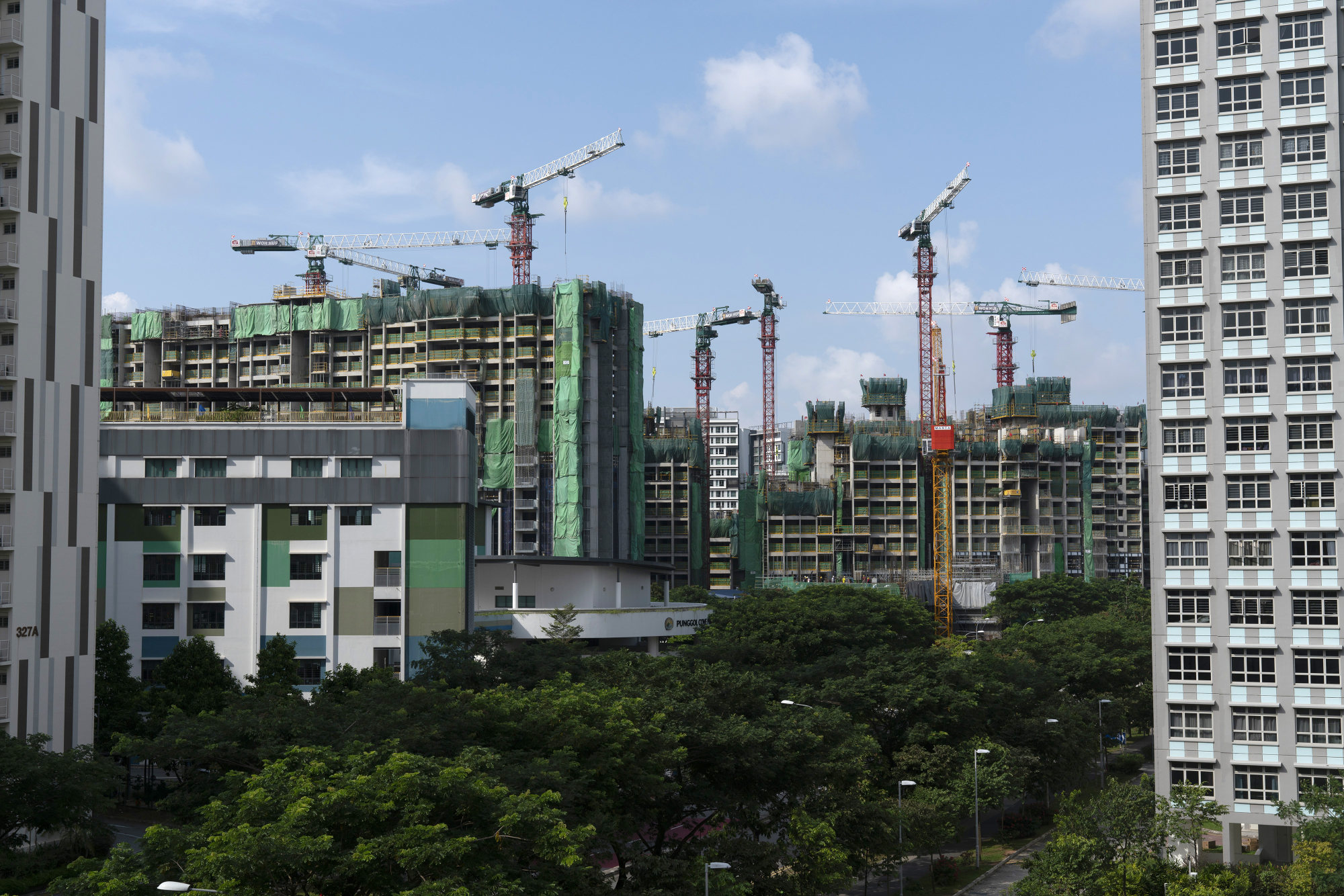
Christine Sun, head of research and consultancy, at OrangeTee & Tie, expected a knee-jerk reaction from this announcement with sales volume slowing down for about six months then prices stabilising and rising at a much slower pace next year.
Sun said they were revising price projections for the private residential market next year downwards from 6-9 per cent to 0-3 per cent.
Lam Chern Woon, head of research and consulting at Edmund Tie, expects property sales to moderate to about 11,000 to 12,000 units in 2022 from an expected stellar performance of over 13,000 units this year.
Clarence Foo, senior associate division director at real estate company Propnex Realty, said some of his foreign clients were shocked by the announcement while David Chandran V R, managing director of realty firm Cosmopolitan Real Estate, said most of his overseas clients were now pausing their plans to buy property and waiting to see how the new rules played out.
The biggest group of foreign investors are from China and India, said Foo, and while American buyers follow closely behind, they are not affected by the increased stamp duty due to the free-trade agreement the city state has with the United States.
Foo thought the 10 per cent hike in stamp duty for foreigners was “quite heavy-handed” as foreign buyers in the private property market had dropped significantly, from about 15 per cent before the pandemic to about six per cent. This means that such purchases “don’t really move the needle that much”.
“Naturally, emotions are a bit high but at the end of the day, they still needed to purchase property,” he said. These clients – mostly from China – moved to the city state recently for their children’s education and have been looking for property in recent months.
According to OrangeTee, foreigners have bought 1,069 condominium units so far this year, compared to the bulk of purchases – permanent residents bought 4,375 units and Singaporeans bought 22,113 units. The number of units bought by foreigners this year was just 69 more than in pre-pandemic 2019.
Leong said landmark purchases by foreigners tended to catch the public’s attention even though the number of sales was not high.
For example, Eden, a 20-unit condominium with a coveted address just off the Orchard Road shopping belt, was purchased wholesale by a Taiwanese family for S$293 million.
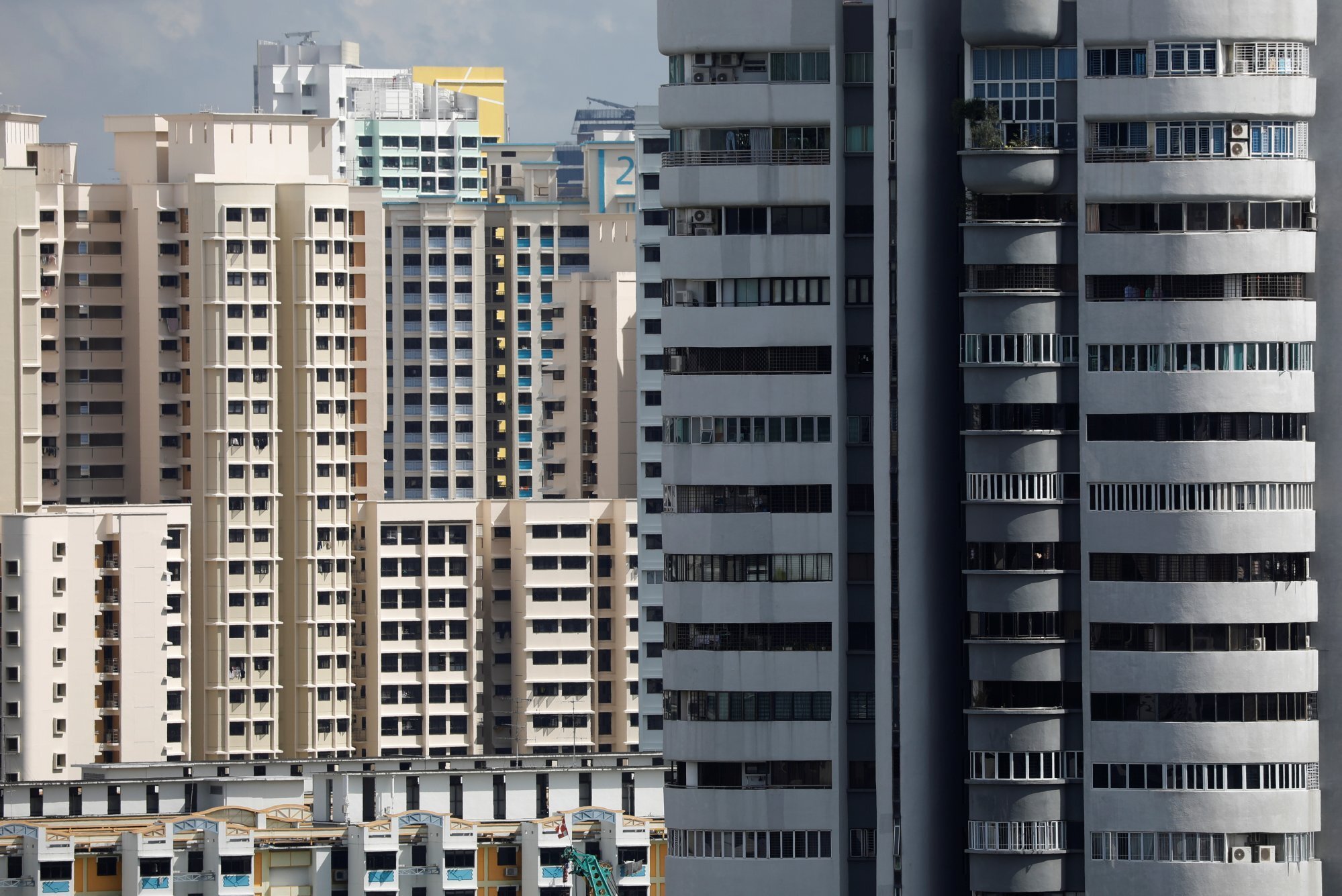
The increased stamp duty would dampen foreign demand in the luxury market, particularly those buying property in the S$10 million to 15 million range, suggested Foo.
“This is the segment that may hold their horses as you’re adding about a million or so to their overall purchase even though it is well within their affordability range,” he said.
On the flipside, buyers gunning for high-end houses that cost between S$30 million and S$50 million would not be deterred.
These buyers are the ultra-rich and the houses are typically not for investment purposes but for them to settle down and live in. “This additional 10 per cent is not going to chase them away,” he said.
While the fresh cooling measures would dent foreign demand in the near future, Foo was optimistic that potential buyers would still look to Singapore eventually.
He noted, however, that with stamp duty at 30 per cent, property prices would now be comparable with those in tier one Chinese cities.
Singapore would also be placed in the same tax bracket as Hong Kong, and buyers could potentially be swayed. But he added that investors were increasingly viewing Hong Kong as an “annex of China” now and they preferred a more “international location”.
Foo said in the past investors had looked purely at financial returns, but that now the government’s handling of the Covid-19 pandemic and economic stability also attracted buyers to Singapore.
“Foreigners are looking for a place of safety. Financially, Singapore is one of the best places to park their funds. Medically, it is probably one of the best places to be in,” he said.
“These are the factors that didn’t exist in previous years. That’s why I feel foreigners will still come back to Singapore eventually”.


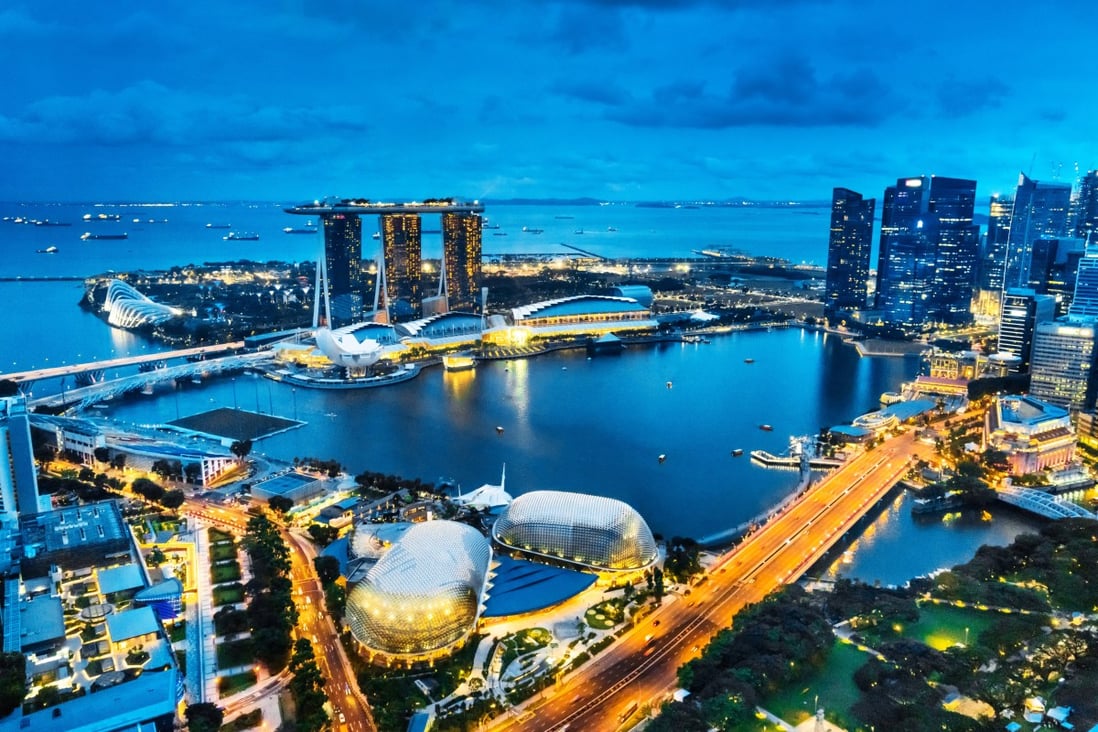
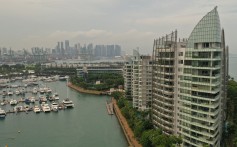
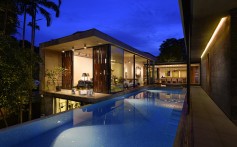
Comments